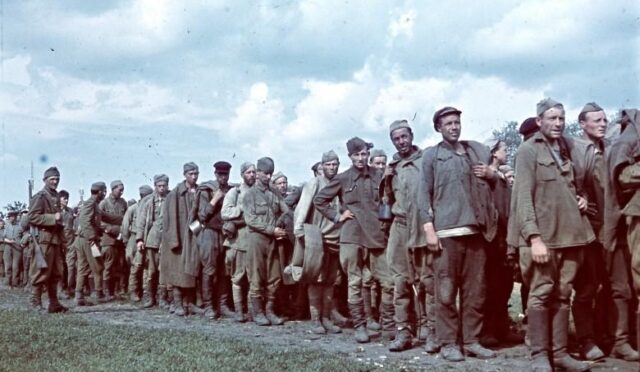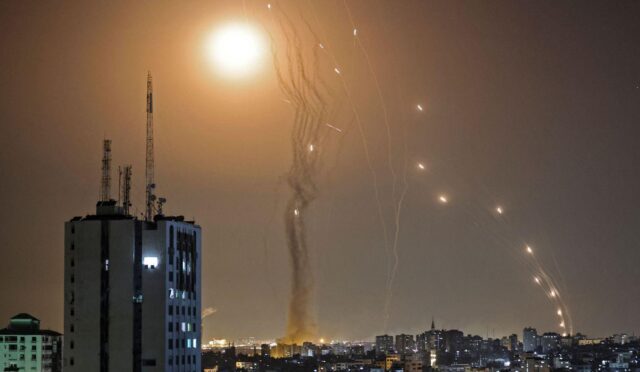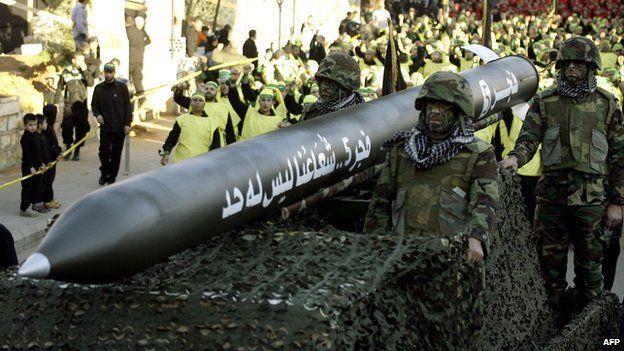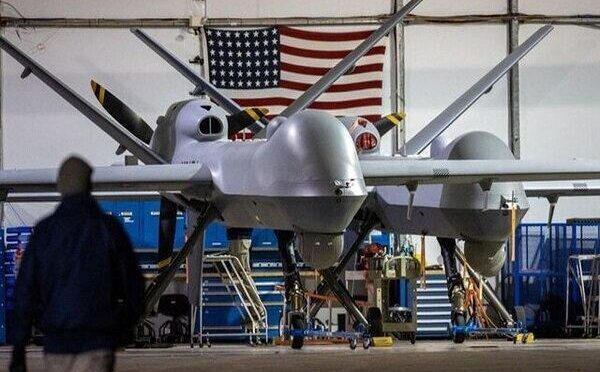UN Peacekeepers Uncover Extensive Weapons Stockpiles in Southern Lebanon
On Monday, the United Nations peacekeeping force in Lebanon disclosed that it has identified more than 225 weapons caches in southern Lebanon since the ceasefire between Israel and Hezbollah initiated. These discoveries have been promptly reported to the Lebanese army, reflecting the ongoing concerns about security in the region.
Hezbollah’s leader, Naim Qassem, emphasized the need for Lebanon’s government and the international community to take stronger action to ensure Israel complies with the ceasefire agreement established in November. This truce was crucial in ending a protracted conflict between Israel and the Iran-affiliated group, which included two months of intense fighting.
Truce and Military Movements
The ceasefire agreement mandated that Hezbollah withdraw its fighters to the north of Lebanon’s Litani River, while Israel was supposed to retract its troops from southern Lebanon. However, Israel still maintains its presence in five areas that it deems strategically important. Meanwhile, the Lebanese army has been actively deploying troops in these regions as Israeli forces pull back.
According to the UN Interim Force in Lebanon (UNIFIL), since the initiation of the ceasefire on November 27, peacekeepers have uncovered over 225 weapons caches. They also play a critical role on the committee responsible for monitoring the ceasefire, alongside mediators from France and the United States, as well as representatives from both Israeli and Lebanese governments.
Challenges to Full Deployment of Lebanese Army
The peacekeeping force reported that with UNIFIL’s assistance, the Lebanese army has redeployed to over 120 permanent positions south of the Litani River. However, the full deployment of Lebanese military forces has been obstructed by the ongoing presence of Israeli troops in Lebanese territory.
Israel has continued to execute regular airstrikes in Lebanon under the pretext of targeting Hezbollah operatives and infrastructure. This persistent military activity poses questions about the stability and security of the ceasefire in place.
UN Mandate and Security Concerns
The ceasefire originates from a UN Security Council resolution that stipulates only Lebanese armed forces and UN peacekeepers should be based in southern Lebanon. The resolution also calls for the disarming of all non-state actors to alleviate tensions and combat illicit arms proliferation.
In his comments on Monday, Hezbollah’s leader reiterated that both his group and the Lebanese military have adhered to their obligations under the ceasefire. Qassem stated that while the army has successfully deployed in southern Lebanon, Israeli forces have failed to withdraw and continue their aggressive operations.
Hezbollah’s Accusations Against Israel
In a televised address, Qassem accused Israel of attempting to dismantle Hezbollah’s resistance, asserting that the Israeli government believes sustained pressure could lead to the political downfall of the organization. He firmly declared, ‘This will not happen.’ Qassem described recent Israeli bombardments in the Nabatiyeh region as actions that are ‘playing with fire.’
He called upon the Lebanese government and the international mediators based in Paris and Washington to respond more decisively, urging them to ensure that Israel acknowledges that Hezbollah will not submit to threats or pressure. Additionally, Qassem pressed for urgent initiatives aimed at reconstruction.
The Lebanese Army’s Role and Challenges Ahead
Last month, President Joseph Aoun revealed that the Lebanese army has been deployed in over 85 percent of the southern territory. He pointed out that the only obstacle to complete control over the border region is Israel’s occupation of five key border posts.
Lebanese authorities have vowed to implement a state monopoly on arms, but Aoun acknowledged that disarming Hezbollah is a ‘sensitive’ matter that requires extensive dialogue. Following its recent confrontation with Israel, Hezbollah has faced significant challenges that may alter its influence within Lebanon.







